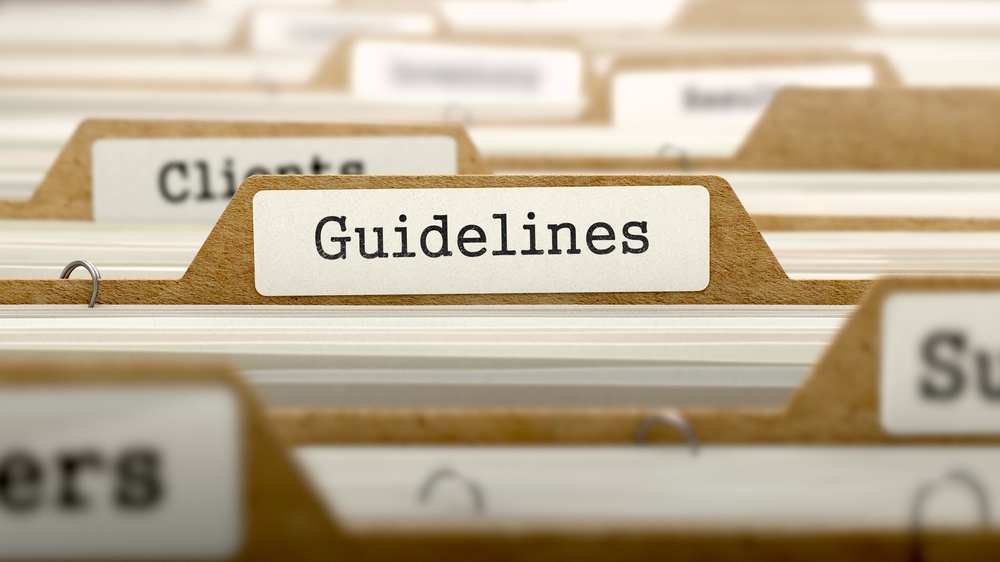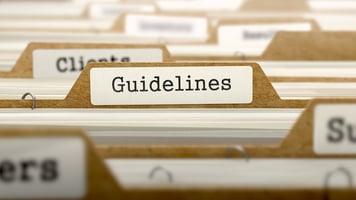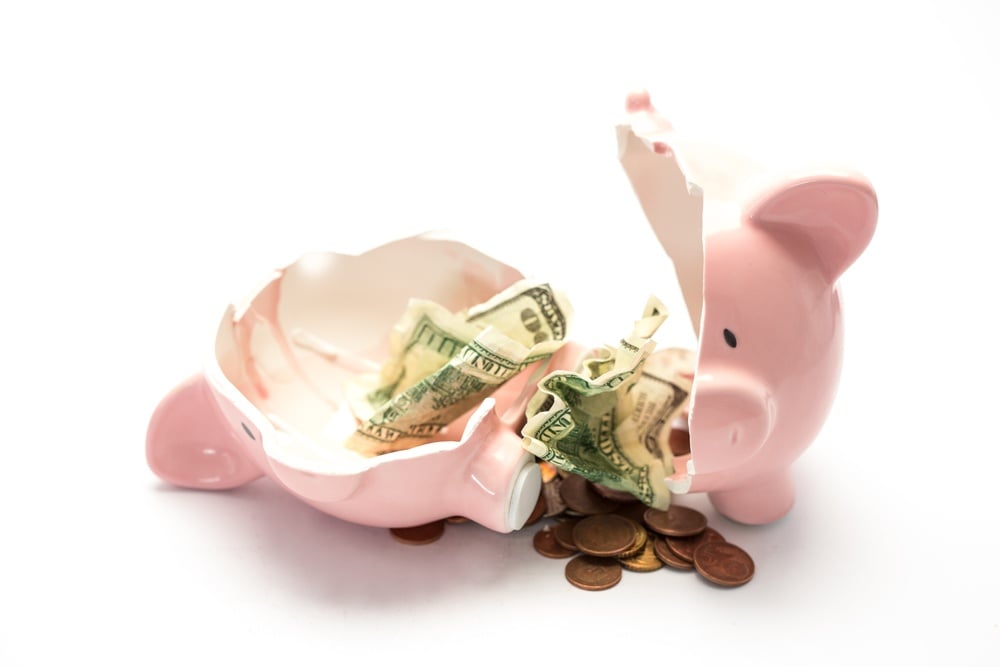What Happens to Your Credit Score When You File Bankruptcy
Sometimes bankruptcy is unavoidable and really the best option. Divorce, job loss, and major health issues often contribute to the decision to file...
2 min read
 Jenna Taubel
:
Jun 12, 2018 6:05:00 AM
Jenna Taubel
:
Jun 12, 2018 6:05:00 AM

If you are struggling to pay your bills, it may be a good idea to look into bankruptcy. Generally speaking, this is the best option for someone who spends more than 50 percent of their income towards bills and won't pay off their balances within five years. Before filing for bankruptcy, you should talk to a lawyer or financial adviser to look over all of your options.

 There are three main types of bankruptcies that an individual could file for. According to Rowdy Williams, your income and whether you’re a commercial property owner are both important factors when considering bankruptcy.
There are three main types of bankruptcies that an individual could file for. According to Rowdy Williams, your income and whether you’re a commercial property owner are both important factors when considering bankruptcy.
Chapter 7 protection allows you to liquidate nonexempt assets and use the money to pay off creditors. Chapter 13 protection will enable you to reorganize debts and pay them off over three or five years. Chapter 11 bankruptcy is for those who have too much debt to qualify for Chapter 13 bankruptcy.
 It is important to note that not all debts can be eliminated in bankruptcy. For instance, you generally can't have student loan balances discharged or get out of paying child support. Secured debts such as a home or auto loan are also unlikely to be discharged as the creditor has an interest in the property. Typically, only unsecured debts such as credit card or medical bills can be discharged in bankruptcy. An exception may apply if credit cards were used to pay tax or student loan debt.
It is important to note that not all debts can be eliminated in bankruptcy. For instance, you generally can't have student loan balances discharged or get out of paying child support. Secured debts such as a home or auto loan are also unlikely to be discharged as the creditor has an interest in the property. Typically, only unsecured debts such as credit card or medical bills can be discharged in bankruptcy. An exception may apply if credit cards were used to pay tax or student loan debt.
If you have good credit, it may be possible to consolidate or transfer balances. For instance, you could use a personal loan to consolidate credit card debt at a lower interest rate. By transferring a credit card balance to a new card, you could take advantage of a 0 percent introductory rate.
Depending on your current debt levels, these moves could save you hundreds or thousands of dollars per month. As a general rule, you may want to hold off on bankruptcy if you have good credit because it can lower your score by 200 points or more. Conversely, if you don't have good credit, filing for bankruptcy may be ideal because it could increase your score.
Bankruptcy can be an effective way to deal with debt. However, it also comes with severe consequences. Therefore, you want to be sure that you have no other options to deal with your debt before you decide to file. Once you do, it will stay on your credit report for up to 10 years.
If you need help paying off your bills, become a member of First Alliance Credit Union. You can get a debt consolidation loan that will make paying your bills more efficient and potentially save money on interest, or you can talk with a member experience advisor about your situation and get personalized help to come up with a solution that works for you.

Sometimes bankruptcy is unavoidable and really the best option. Divorce, job loss, and major health issues often contribute to the decision to file...

It is extremely stressful when you’re struggling to afford your payments every month. It’s natural to want to wipe the slate clean and start fresh....

In the past, we’ve talked extensively about good money moves—steps you should take that put you on the path to financial success. We’ve covered...